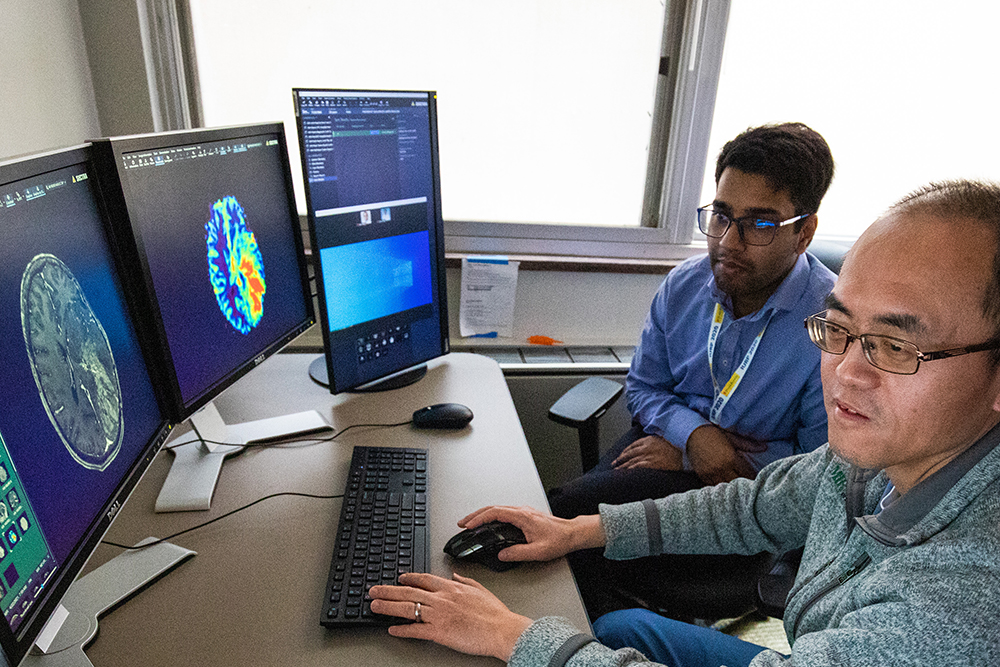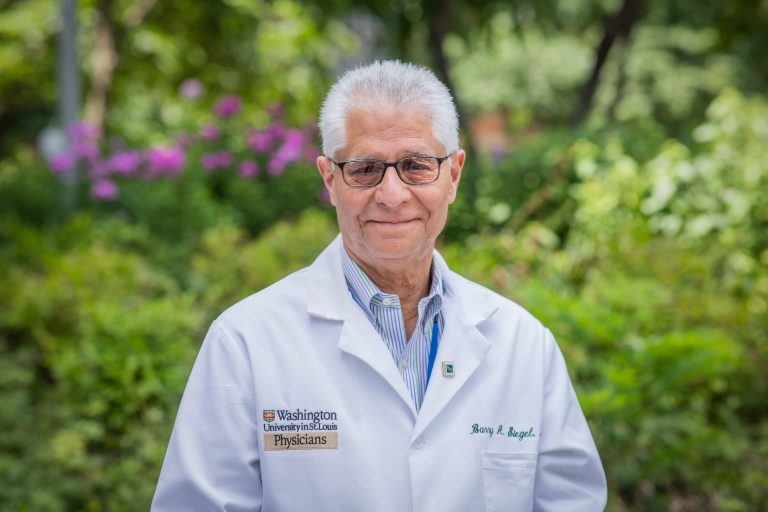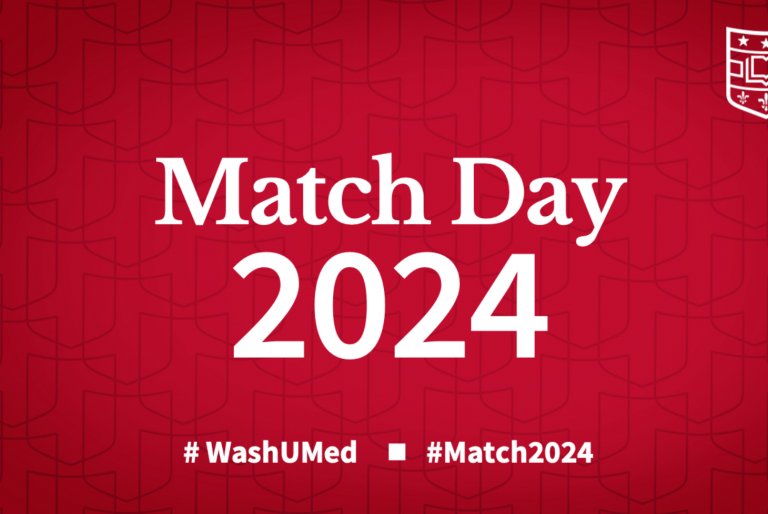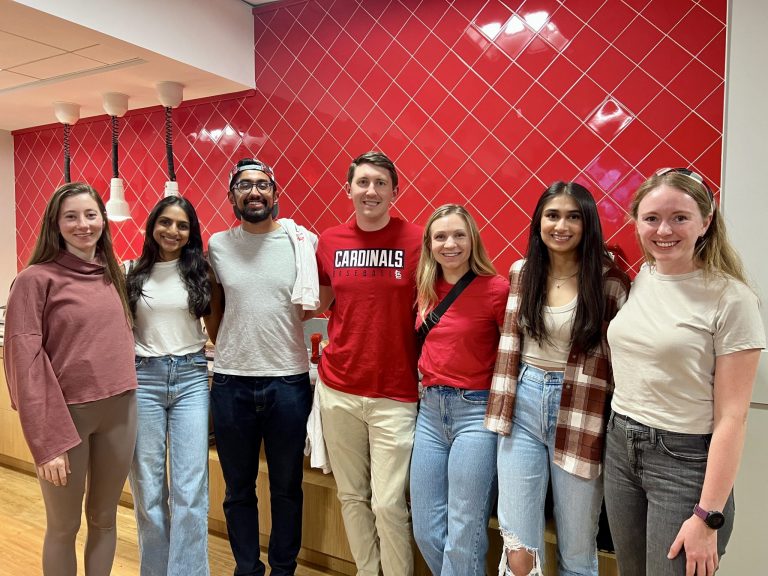Neuroradiology
Program Director
Matthew S. Parsons, MD
Associate Professor of Radiology
Neuroradiology
MIR’s nationally-recognized team treats patients from throughout the Midwest who experience neurological symptoms and are looking for a precise and quick diagnosis.














